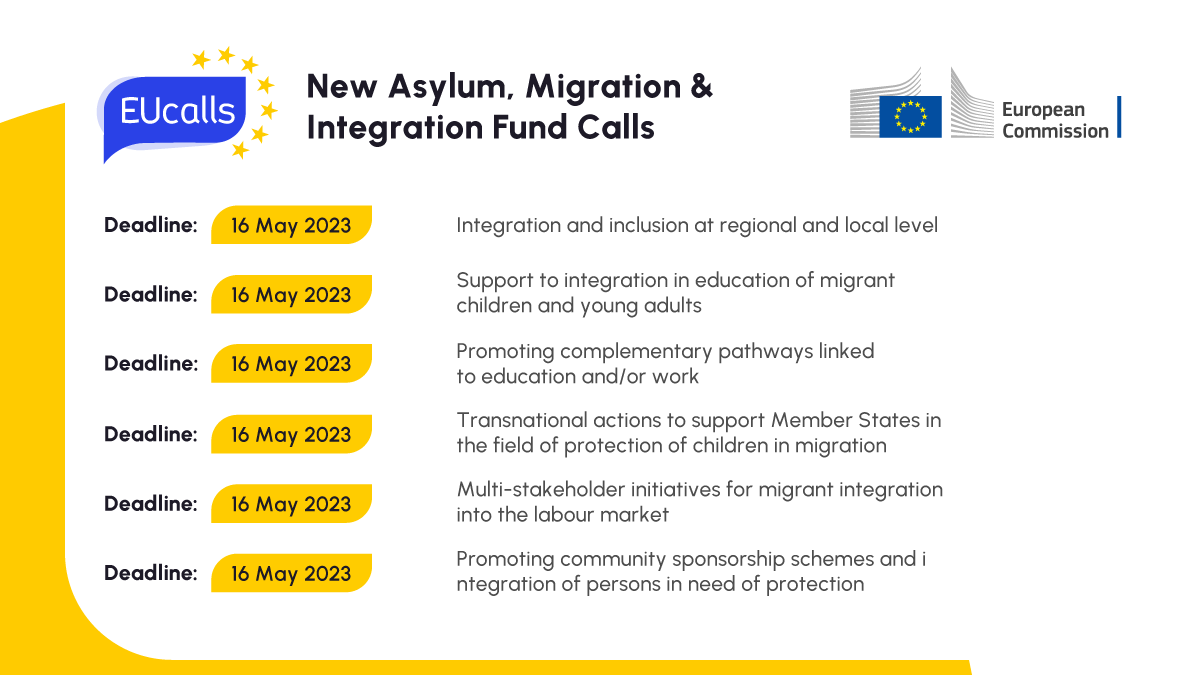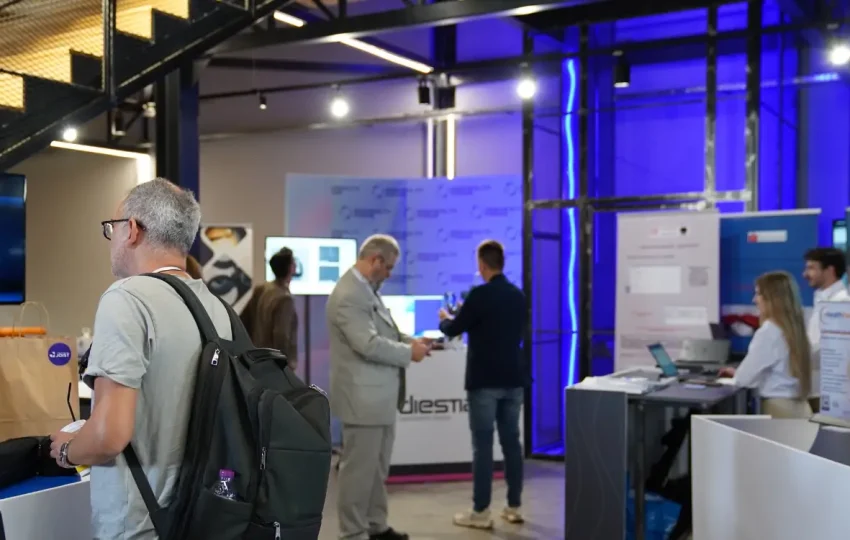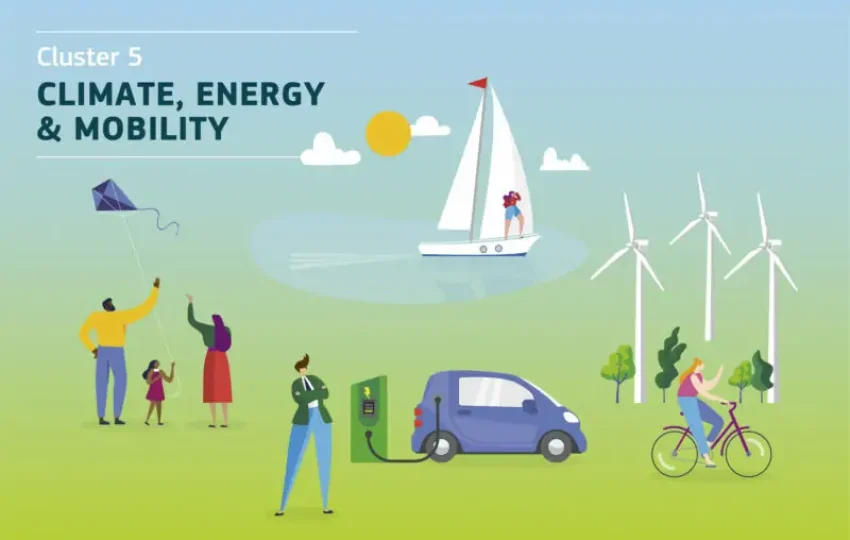The Asylum, Migration and Integration Fund (AMIF) is a significant source of funding for EU Member States to support the integration of refugees and migrants into their communities. AMIF provides financial support for a wide range of measures, including language courses, employment support, and housing for refugees and migrants.
AMIF is part of the EU’s commitment to managing migration in a comprehensive and coordinated manner. The fund is designed to help Member States deal with the challenges posed by migration, such as integration, and to provide support for refugees and migrants. The fund also aims to help Member States build the capacity to receive and integrate refugees and migrants in the long term.
AMIF has recently published a new series of funding opportunities for organizations interested in migration management. Let’s have a look at some of these funding calls that you can find in our directory.

Asylum, Migration and Integration Fund (AMIF) Calls
Title: Integration and inclusion at regional and local level
Description: Integration at the local level plays a crucial role in the integration process for refugees and migrants, starting from welcoming and guiding newcomers and continuing through various stages of integration. Local and regional authorities, in urban or rural areas, should coordinate with various stakeholders, including migrant communities, to design and implement integration policies and initiatives that address specific needs and ensure consultation.
The European Commission has launched a partnership on integration with the Committee of Regions to gather experiences and views of cities and regions on successful integration, while the Urban Agenda Partnership focuses on the inclusion of migrants and refugees in cities.
Proposals may focus on any group of migrants and should take into account the needs of local authorities hosting and welcoming those in need of international protection. Many local authorities have shown willingness to support better migration management by implementing innovative strategies and facilitating access to basic services and language courses.
Deadline: 16/05/2023
Title: Support to integration in education of migrant children and young adults
Description: Migrants face educational challenges such as high dropout rates, impacting their social inclusion and job prospects. Effective language learning is crucial for success in society, from early childhood to adult education. The local language is a major obstacle for migrant children, hindering their school success and social inclusion. Language learning must be adapted to the classroom and the local school, and local authorities and NGOs play a significant role in providing support through informal and non-formal education activities. While language learning is a focus of the Asylum, Migration and Integration Fund, other policies such as Creative Europe and Erasmus+ address broader challenges in youth and education for migrant children.
Deadline: 16/05/2023
Title: Promoting complementary pathways linked to education and/or work
Description: The aim is to enhance the impact and sustainability of complementary labor pathways by increasing the number of legal admission places and improving program quality. This can be achieved through:
- Creating or expanding complementary labor pathway programs to provide more admission places for skilled refugees and address labor shortages in member states
- Increasing the number of member states implementing such programs and businesses participating
- Facilitating procedures and support structures for refugees’ admission through these programs
- Designing programs to promote integration of refugees into the host society.
Deadline: 16/05/2023
Title: Transnational actions to support Member States in the field of protection of children in migration
Description: The objective of the topic is to facilitate exchange of good practices and knowledge sharing among various actors (e.g. public institutions, organizations, and citizens) on the support to be given to guardians of unaccompanied migrant children based on their specific needs. Proposals should focus on increasing exchange of good practices and knowledge on supporting the transition of unaccompanied migrant children to adulthood through activities such as conferences, study visits, exchange programs, training modules, and practical support concept modules. Public actors relevant to the proposed actions should be consulted to maximize benefits. Proposals should be related to areas where support is needed. Financing of capacity-building or research projects is not allowed.
Deadline: 16/05/2023
Title: Multi-stakeholder initiatives for migrant integration into the labour market
Description: Proposals should address one or more of the following specific objectives:
- strengthen cooperation between labour market actors and migrants themselves at EU, regional, national and local levels by creating and/or reinforcing transnational partnerships on labour market inclusion;
- advance effective inclusion of migrants in the labour market both early on after their arrival in the EU and at a level adequate to their qualifications, including by mobilising all stakeholders who can help and by promoting/ building on the EU tools available;
- contribute to a better matching between skills, competences and qualifications of migrants that are already in the EU, on the one hand, and demand on EU labour markets (including labour shortages) on the other hand;
- Promote inclusive workplaces, including by raising awareness about direct and indirect discrimination and elaborating good practice on tackling discrimination and promoting diversity in the workplace;
- Promote sustainable employment conditions for migrants, in particular beneficiaries of international and temporary protection and applicants for international protection.
Deadline: 16/05/2023
Title: Promoting community sponsorship schemes and integration of persons in need of protection
Description: The European Commission is encouraging EU Member States to expand community sponsorship schemes to support resettlement and other safe pathways for displaced persons. Community sponsorship involves a partnership between the state, civil society organizations, and private individuals, where non-state actors take a more active role in welcoming and integrating people in need of international protection. The EU Agency for Asylum has established a Working Group on Community Sponsorship to promote an EU approach. The response to the war in Ukraine, where private individuals opened their homes to host people in need of international protection, provides a good example of community sponsorship in action. The lessons learned from this crisis can inform future reception systems, and a project led by the International Federation of the Red Cross is implementing activities related to the Safe Homes guidance.
Deadline: 16/05/2023
You can explore, submit a proposal, or find partners on all the above AMIF calls on EUcalls. By submitting a proposal you can also the Europe in supporting displaced persons and promoting the ongoing integration and inclusion efforts.
Become an EUcalls member for free and don’t miss the opportunity to make a difference in providing safe and legal pathways for refugees and migrants through the AMIF programme.


